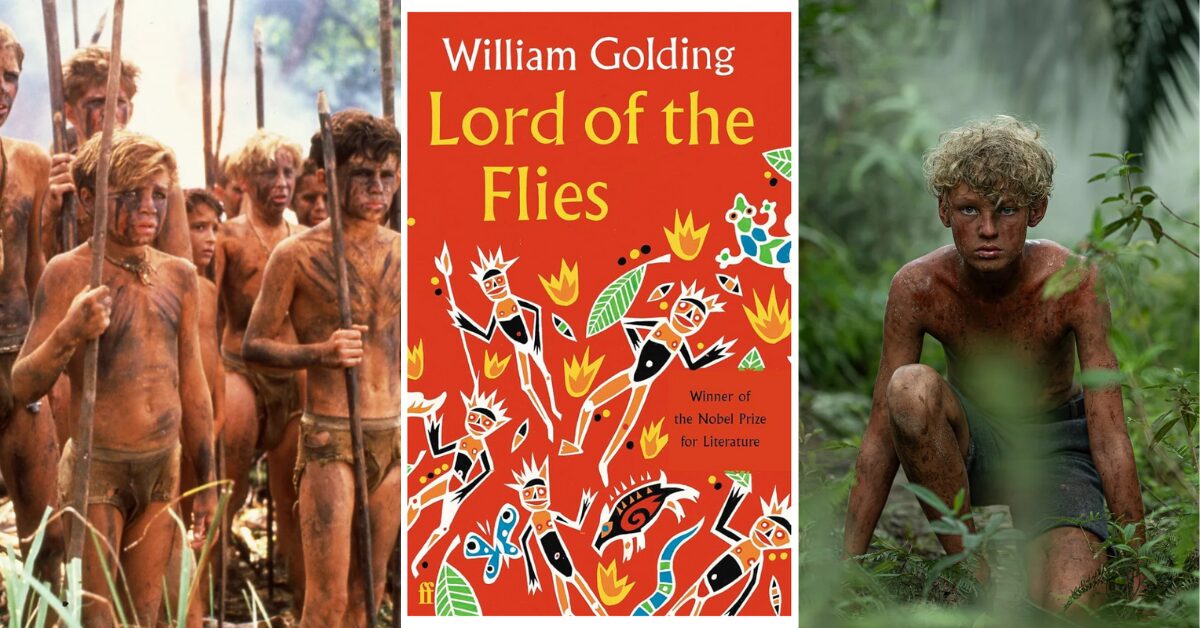Tracking down a book when you can’t remember its title or author can seem overwhelming, but it’s far from impossible. Whether it’s a story you read years ago, a recommendation heard in passing, or a book you glimpsed on a shelf, many readers face this frustrating challenge — wondering how to find a book you forgot the name of.
Fortunately, there are proven strategies and powerful tools designed to help you rediscover that elusive book. From piecing together fragments of your memory to harnessing the power of online databases, forums, and even social media.
This comprehensive guide will walk you through practical steps to identify and locate books, even when your clues are minimal. By the end, you’ll be equipped with a toolkit to navigate the mystery of forgotten titles and reignite your reading journey.
Preliminary Steps to Jog Your Memory
Before exploring external resources, take a moment to gather your thoughts. Reflecting on what you remember about the book can provide valuable clues that will aid in your search.
Reflect on Story Details and Characters
When learning how to find a book you forgot the name of, start with what stands out. Consider the story’s setting, plot, and characters — their relationships, personalities, and journeys. These fragments can trigger other memories and help you pinpoint the right title.
Key Phrases and Plot Points: Write Down What You Recall
Grab a piece of paper and jot down anything you remember, no matter how insignificant it may seem. Key phrases, plot twists, or even the setting can serve as critical breadcrumbs leading you back to the book you’re seeking.
Utilizing Search Engines to Your Advantage
Search engines can be a powerful ally in your quest. By inputting the details you remember, you may discover the book’s publication date or other pertinent information that narrows down your search.
Google as Your First Port of Call
Google is a powerful tool for book lovers. Start by typing in any details you remember into the search bar. Even vague descriptions combined with words like “book” or “story” can yield surprisingly accurate results.
Exploring Google Books Advanced Search Features
Google Books is an advanced book finder and a digital library that allows you to search through a vast network of library content. Use its book cataloging feature, which is part of Google’s larger library project, to help you find the book you’re after. Enter any phrases or authors you recall, and it might just surface the correct title.
Leverage the Power of Online Book Databases
Online book databases can be handy, especially when you have details like a publication date. These repositories are designed to make the search for books more intuitive and efficient.
BookFinder: A Portal to Millions of Books
With access to millions of books, BookFinder can be an invaluable resource when you have limited information. Simply enter what you know and let the platform do the rest.
The Extensive Catalog of WorldCat
WorldCat’s extensive catalog lets you search for books even when you’re missing a title or author. It compiles records from libraries worldwide, offering a broad scope for your search.
If your book was printed before ISBNs became standard, it may not appear in traditional databases. In that case, you’ll want to learn more about how books were published and cataloged in the pre-ISBN era, which can help you refine your search techniques.
The Community Approach: Ask and You Shall Receive
Sometimes, what’s on the tip of your tongue can be resolved by reaching out to communities dedicated to helping readers. Sharing the snippets you remember can prompt others to help identify the book.
Goodreads: Harnessing the Wisdom of Fellow Readers
Goodreads is a treasure trove of information, featuring a vast database of cover art and reader discussions that can help you recall the book you’re trying to find.
Social Media Networks: A Resource Pool for Book Enthusiasts
Platforms like Facebook and Twitter often have lists of books in print, shared by readers who celebrate their love for reading.
Facebook Groups and Reddit Threads
Both Facebook groups and Reddit threads can be especially helpful. Join a book club discussion or post in a group dedicated to finding a title or author based on plot descriptions.
Traditional Yet Effective: The Human Touch
Don’t underestimate the value of conversations with knowledgeable individuals, such as librarians or bookstore employees. Their extensive experience with books might lead you to the answer.
Consulting Local Librarians for Their Expertise
Don’t overlook the treasure trove of knowledge that local librarians possess. These guardians of the written word often have a knack for tracking down elusive titles using just a few story elements or character names. Their familiarity with the Library of Congress’s cataloging system also aids in sifting through countless books to pinpoint the one you seek.
Conversations with Bookstore Employees
Bookstore employees often share a passion for reading and can be surprisingly effective in helping you rediscover a forgotten book. Their day-to-day experience with readers’ preferences and their exposure to a vast range of genres, including the most obscure ones, equip them with a unique skill set to assist your search.
Artificial Intelligence: The Technological Ally
With advancements in technology, artificial intelligence has become an invaluable ally in the quest for that elusive book. AI algorithms can now analyze descriptions, character names, and even vague plot points to suggest titles that match your recollections.
AI-Powered Book Discovery Tools
AI-powered book discovery tools are revolutionizing the way we find literature without needing specific details. These platforms employ sophisticated algorithms that can deduce potential titles from fragmented memories and even the slightest hints of narrative or thematic content you provide.
Using Amazon’s “Look Inside” Feature as an AI Aid
Amazon’s “Look Inside” feature can serve as an AI aid in your quest. By inputting remembered plot points, this tool allows you to peek into books, potentially revealing the one that has been eluding you through a search of its contents and preview pages.
Once you identify the book, you might be surprised to learn that some older or niche titles don’t even have ISBNs. If you’re looking to sell such a book, check out this guide on how to sell a book without an ISBN.
When All Else Fails: Alternative Strategies
Sometimes, unconventional methods may lead to success when conventional ones fail. These alternative strategies can include retracing your steps to the place you first encountered the book or reaching out to acquaintances who share your reading interests for their insights.
Embrace the Power of Crowdsourcing on Platforms Like Quora
Embrace the collective knowledge of book lovers on platforms like Quora, which is dedicated to helping people discover lost literary treasures. Queries about science fiction and fantasy, children’s books, or any other genre are met with enthusiastic responses. Features like “Stump the Bookseller” and the “Book Sleuth” forum are particularly useful for soliciting help from a community of bibliophiles eager to assist in your search.
The Unexpected Solution: Sleep on It
Oftentimes, the answer comes when you least expect it. Taking a break and allowing your subconscious mind to work its magic overnight might lead to a eureka moment upon waking. The book’s title or author may emerge from the depths of your memory after a restful sleep.
Concluding Thoughts on the Book Hunt
Embarking on a hunt for a book using a vague recollection of its contents may seem daunting, but it’s a journey filled with potential joy. Each step, from consulting experts to leveraging AI tools, brings you closer to reclaiming that piece of literary history that once touched your life.




